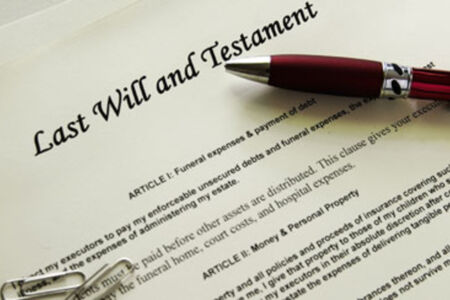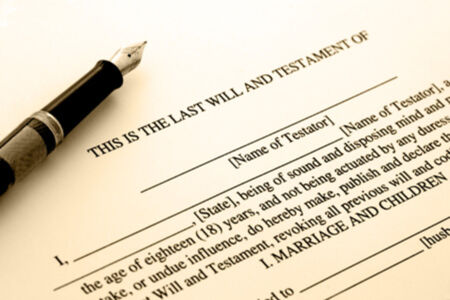Homeowner's Principal Residence Exemption
Question: If my family is unable to live in our home in Berrien County, Michigan, due to a vehicle accident and we had to sell the house 3 years after the accident, do I have to pay capital gains taxes at the end of the year? Right now I am being audited for "homeowner's principal residence exemption" and do not fully understand why.
Answer: IRS Rulings on Residential Sale Tax Exemptions In 2003, the IRS issued new rules interpreting the $250,000 principle residence sale tax exemption (up to $500,000 for a married couple filing jointly). To qualify, the seller(S) must have owned and occupied their principle residences an "aggregate" of two of the five years before the home sale. Occupancy doesn't have to be continuous. The residence doesn't have to be the seller's principle residence at the time of the sale. This tax exemption can be used over and over again without limit, but it can't be used more often that every 24 months. Only one spouse's name needs to be on the title as long as both spouses meet the occupancy requirements. If title is held in a living trust, the full tax exemption is still available. You must be able to prove that it is your principle residence to get the exemption. Proof includes automobile registration, local bank accounts, voter registration, employment, and income tax returns. A partial $250,000 exemption is available for home sales with less than 24 months of ownership and occupancy if the reason for the sale is a change of employment location, health reasons for illness treatment or to care for a family member, and unforeseen circumstances. Unforeseen circumstances include death, divorce, unemployment, change of employment leaving the tax payer unable to pay the mortgage or basic living expenses, multiple births from the same pregnancy, damage to the residence, condemnation, and involuntary conversion of the property. Partial exemptions are available based on the percentage of the 24-month occupancy time. Inter-spousal real estate transfers, either during the marriage or as part of a divorce or legal separation, are tax-free. If the couple retains ownership, but just one spouse remains living there, each spouse can claim up to $250,000 tax free sale profits if the spouse living in the home meets the two out of five year occupancy test. You can also use a principle residence exemption in the sale of adjoining land - even if the home isn't sold at the same time. The land sale can qualify for the exemption if the parcel is sold within 24 months before or after the sale of the principle residence. A surviving spouse can claim up to $500,000 principle residence sale tax-free profits if the home is sold in the year of the spouse's death. If the house is sold after the year, the exemption reverts to $250,000. When a principle residence co-owner sells all or part of their interest, that sale can qualify for the $250,000 exemption. A vacation home or second home normally doesn't apply. If the owner converts it to a rental property however, they can make a Starker tax-deferred exchange for another qualifying investment or business property. The Starker exchange rules are that the sales proceeds must be held by a third-party intermediary, the replacement property must be designated to the intermediary within 45 days of the sale, and the acquisition must be completed within 180 days after the sale of the old exchanged property. When buying, selling or transferring a property or business, we recommended that you discuss your plans with an accountant, tax consultant or estate planner to advise you on specific implications.








